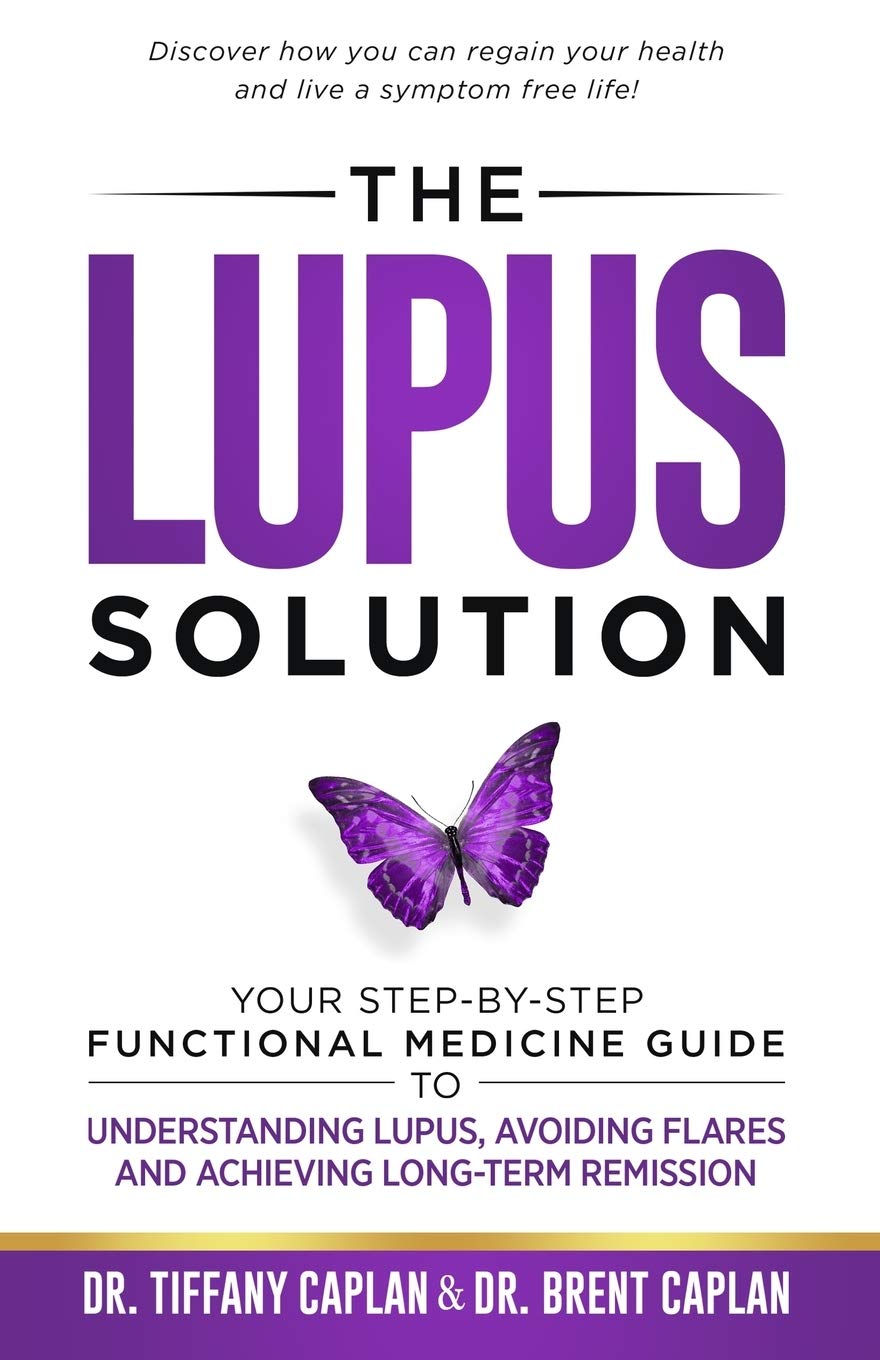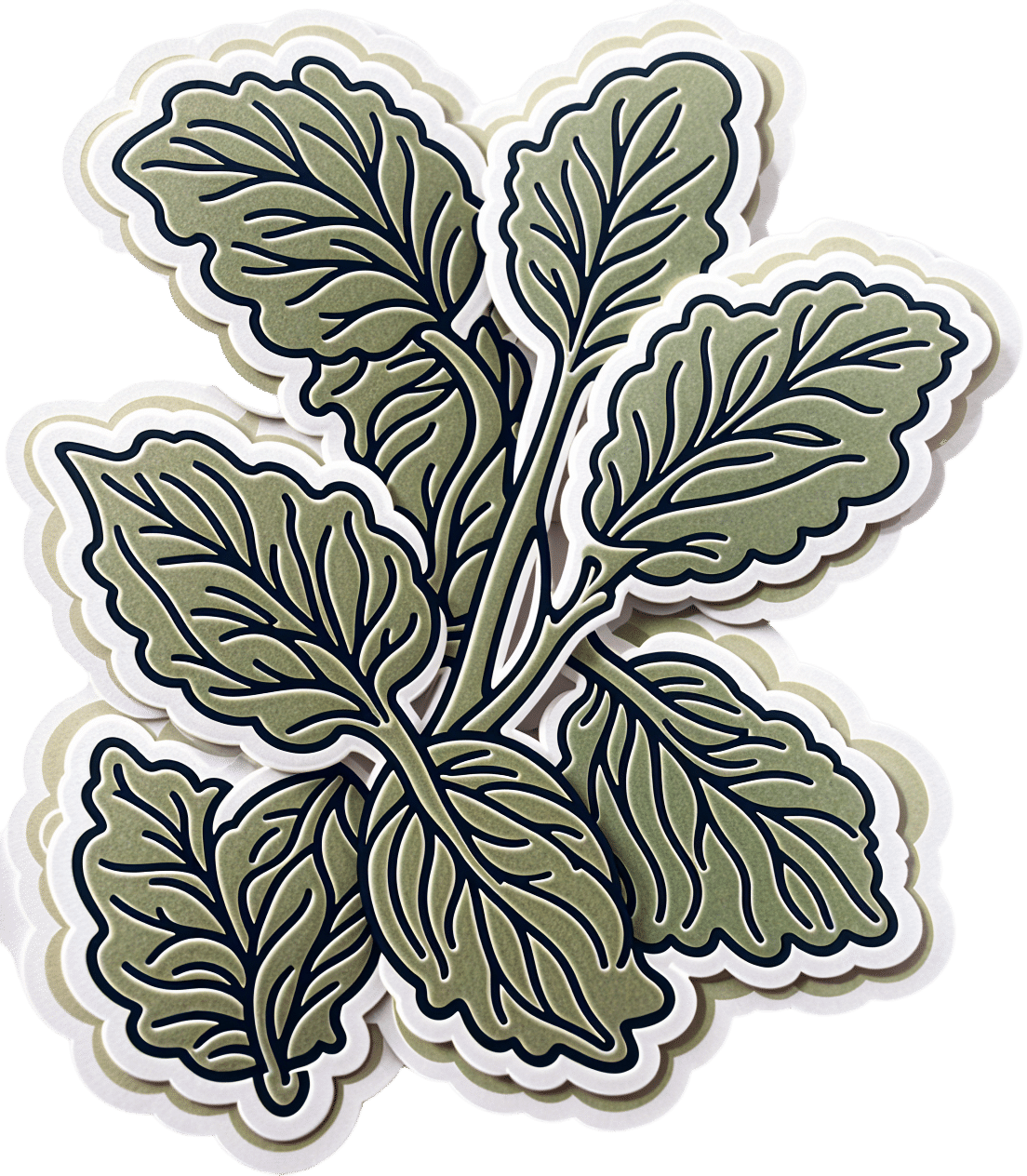
Citicoline: Better Than Dietary Choline?
10almonds is reader-supported. We may, at no cost to you, receive a portion of sales if you purchase a product through a link in this article.
Citicoline: Better Than Dietary Choline?
Citicoline, also known as cytidine diphosphate-choline (or CDP-Choline, to its friends, or cytidine 5′-diphosphocholine if it wants to get fancy) is a dietary supplement that the stomach can metabolize easily for all the brain’s choline needs. What are those needs?
Choline is an essential nutrient. We technically can synthesize it, but only in minute amounts, far less than we need. Choline is a key part of the neurotransmitter acetylcholine, as well as having other functions in other parts of the body.
As for citicoline specifically… it appears to do the job better than dietary sources of choline:
❝Intriguing data, showing that on a molar mass basis citicoline is significantly less toxic than choline, are also analyzed.
It is hypothesized that, compared to choline moiety in other dietary sources such as phosphatidylcholine, choline in citicoline is less prone to conversion to trimethylamine (TMA) and its putative atherogenic N-oxide (TMAO).
Epidemiological studies have suggested that choline supplementation may improve cognitive performance, and for this application citicoline may be safer and more efficacious.❞
Source: Citicoline: A Superior Form of Choline?
Great! What does it do?
What doesn’t it do? When it comes to cognitive function, anyway, citicoline covers a lot of bases.
Short version: it improves just about every way a brain’s healthy functions can be clinically measured. From cognitive improvements in all manner of tests (far beyond just “improves memory” etc; also focus, alertness, verbal fluency, logic, computation, and more), to purely neurological things like curing tinnitus (!), alleviating mobility disorders, and undoing alcohol-related damage.
One of the reasons it’s so wide in its applications, is that it has a knock-on effect to other systems in the brain, including the dopaminergic system.
Long version: Citicoline: pharmacological and clinical review, 2022 update
(if you don’t want to sit down for a long read, we recommend skimming to the charts and figures, which are very elucidating even alone)
Spotlight study in memory
For a quick-reading example of how it helps memory specifically:
Keeping dementia at bay
For many older people looking to improve memory, it’s less a matter of wanting to perform impressive feats of memory, and more a matter of wanting to keep a sharp memory throughout our later years.
Dr. Maria Bonvicini et al. looked into this:
❝We selected seven studies including patients with mild cognitive impairment, Alzheimer’s disease or post-stroke dementia
All the studies showed a positive effect of citicoline on cognitive functions. Six studies could be included in the meta-analysis.
Overall, citicoline improved cognitive status, with pooled standardized mean differences ranging from 0.56 (95% CI: 0.37-0.75) to 1.57 (95% CI: 0.77-2.37) in different sensitivity analyses❞
The researchers concluded “yes”, and yet, called for more studies, and of higher quality. In many such studies, the heterogeneity of the subjects (often, residents of nursing homes) can be as much a problem (unclear whether the results will be applicable to other people in different situations) as it is a strength (fewer confounding variables).
Another team looked at 47 pre-existing reviews, and concluded:
❝The review found that citicoline has been proven to be a useful compound in preventing dementia progression.
Citicoline has a wide range of effects and could be an essential substance in the treatment of many neurological diseases.
Its positive impact on learning and cognitive functions among the healthy population is also worth noting.❞
Source: Application of Citicoline in Neurological Disorders: A Systematic Review
The dopamine bonus
Remember how we said that citicoline has a knock-on effect on other systems, including the dopaminergic system? This means that it’s been studied (and found meritorious) for alleviating symptoms of Parkinson’s disease:
❝Patients with Parkinson’s disease who were taking citicoline had significant improvement in rigidity, akinesia, tremor, handwriting, and speech.
Citicoline allowed effective reduction of levodopa by up to 50%.
Significant improvement in cognitive status evaluation was also noted with citicoline adjunctive therapy.❞
Source: Citicoline as Adjuvant Therapy in Parkinson’s Disease: A Systematic Review
Where to get it?
We don’t sell it, but here’s an example product on Amazon, for your convenience
Enjoy!
Don’t Forget…
Did you arrive here from our newsletter? Don’t forget to return to the email to continue learning!
Recommended
Learn to Age Gracefully
Join the 98k+ American women taking control of their health & aging with our 100% free (and fun!) daily emails:
-
The Lupus Solution – by Dr. Tiffany Caplan & Dr. Brent Caplan
10almonds is reader-supported. We may, at no cost to you, receive a portion of sales if you purchase a product through a link in this article.
Lupus is not fun, and this book sets out to make it easier.
Starting off by explaining the basics of autoimmunity and how lupus works, the authors go on the address the triggers of lupus and how to avoid them—which if you’ve been suffering from lupus for a while, you probably know this part already, but it’s as well to give them a look over just in case you missed something.
The real value of the book though comes in the 8 chapters of the section “Tools & Therapies” which are mostly lifestyle adjustments though there are additionally some pharmaceutical approaches that can also help, and they are explained too. And no, it’s not just “reduce inflammation” (but yes, also that); rather, a whole array of things are examined that often aren’t thought of as related to lupus, but in fact can have a big impact.
The style is to-the-point and informational, and formatted for ease of reading. It doesn’t convey more hard science than necessary, but it does have a fair bibliography at the back.
It’s a short book, weighing in at 182 pages. If you want something more comprehensive, check out our review of The Lupus Encyclopedia, which is 848 pages of information-dense text and diagrams.
Bottom line: if you have lupus and would like fewer symptoms, this book can help you with that quite a bit without getting so technical as the aforementioned encyclopedia.
Click here to check out The Lupus Solution, and live more comfortably!
Share This Post
-
How Useful Is Peppermint, Really?
10almonds is reader-supported. We may, at no cost to you, receive a portion of sales if you purchase a product through a link in this article.
Peppermint For Digestion & Against Nausea
Peppermint is often enjoyed to aid digestion, and sometimes as a remedy for nausea, but what does the science say about these uses?
Peppermint and digestion
In short: it works! (but beware)
Most studies on peppermint and digestion, that have been conducted with humans, have been with regard to IBS, but its efficacy seems quite broad:
❝Peppermint oil is a natural product which affects physiology throughout the gastrointestinal tract, has been used successfully for several clinical disorders, and appears to have a good safety profile.❞
However, and this is important: if your digestive problem is GERD, then you may want to skip it:
❝The univariate logistic regression analysis showed the following risk factors: eating 1–2 meals per day (OR = 3.50, 95% CI: 1.75–6.98), everyday consumption of peppermint tea (OR = 2.00, 95% CI: 1.14–3.50), and eating one, big meal in the evening instead of dinner and supper (OR = 1.80, 95% CI: 1.05–3.11).
The multivariate analysis confirmed that frequent peppermint tea consumption was a risk factor (OR = 2.00, 95% CI: 1.08–3.70).❞
~ Dr. Jarosz & Dr. Taraszewska
Source: Risk factors for gastroesophageal reflux disease: the role of diet
Peppermint and nausea
Peppermint is also sometimes recommended as a nausea remedy. Does it work?
The answer is: maybe
The thing with nausea is it is a symptom with a lot of possible causes, so effectiveness of remedies may vary. But for example:
- Aromatherapy for treatment of postoperative nausea and vomiting ← no better than placebo
- The Effect of Combined Inhalation Aromatherapy with Lemon and Peppermint on Nausea and Vomiting of Pregnancy: A Double-Blind, Randomized Clinical Trial ← initially no better than placebo, then performed better on subsequent days
- The Effects of Peppermint Oil on Nausea, Vomiting and Retching in Cancer Patients Undergoing Chemotherapy: An Open Label Quasi-Randomized Controlled Pilot Study ← significant benefit immediately
Summary
Peppermint is useful against wide variety of gastrointestinal disorders, including IBS, but very definitely excluding GERD (in the case of GERD, it may make things worse)
Peppermint may help with nausea, depending on the cause.
Where can I get some?
Peppermint tea, and peppermint oil, you can probably find in your local supermarket (as well as fresh mint leaves, perhaps).
For the “heavy guns” that is peppermint essential oil, here’s an example product on Amazon for your convenience
Enjoy!
Share This Post
-
Behind Book Recommendations
10almonds is reader-supported. We may, at no cost to you, receive a portion of sales if you purchase a product through a link in this article.
It’s Q&A Day!
Each Thursday, we respond to subscriber questions and requests! If it’s something small, we’ll answer it directly; if it’s something bigger, we’ll do a main feature in a follow-up day instead!
So, no question/request to big or small; they’ll just get sorted accordingly
Remember, you can always hit reply to any of our emails, or use the handy feedback widget at the bottom. We always look forward to hearing from you!
Q: What’s the process behind the books you recommend? You seem to have a limitless stream of recommendations
We do our best!
The books we recommend are books that…
- are on Amazon—it makes things tidy, consistent, and accessible. And if you end up buying one of the books, we get a small affiliate commission*.
- we have read—we would say “obviously”, but you might be surprised how many people write about books without having read them.
- pertain in at least large part to health and/or productivity.
- are written by humans—bookish people (and especially Kindle Unlimited users) may have noticed lately that there are a lot of low quality AI-written books flooding the market, sometimes with paid 5-star reviews to bolster them. It’s frustrating, but we can tell the difference and screen those out.
- are of a certain level of quality. They don’t have to be “top 5 desert-island books”, because well, there’s one every day and the days keep coming. But they do have to genuinely deliver the value that we describe, and merit a sincere recommendation.
- are varied—we try to not give a run of “samey” books one after another. We will sometimes review a book that covers a topic another previously-reviewed book did, but it must have something about it that makes it different. It may be a different angle or a different writing style, but it needs something to set it apart.
*this is from Amazon and isn’t product-specific, so this is not affecting our choice of what books to review at all—just that they will be books that are available on Amazon.
Share This Post
Related Posts
-
Cool As A Cucumber
10almonds is reader-supported. We may, at no cost to you, receive a portion of sales if you purchase a product through a link in this article.
Cucumber Extract Beats Glucosamine & Chondroitin… At 1/135th Of The Dose?!
Do you take glucosamine & chondroitin supplements for your bone-and-joint health?
Or perhaps, like many, you take them intermittently because they mean taking several large tablets a day. Or maybe you don’t take them at all because they generally contain ingredients derived from shellfish?
Cucumber extract has your back! (and your knees, and your hips, and…)
It’s plant-derived (being from botanical cucumbers, not sea cucumbers, the aquatic animal!) and requires only 1/135th of the dosage to produce twice the benefits!
Distilling the study to its absolute bare bones for your convenience:
- Cucumber extract (10mg) was pitted against glucosamine & chondroitin (1350mg)
- Cucumber extract performed around 50% better than G&C after 30 days
- Cucumber extract performed more than 200% better than G&C after 180 days
In conclusion, this study indicates that, in very lay terms:
Cucumber extract blows glucosamine & chondroitin out of the water as a treatment and preventative for joint pain
Don’t Forget…
Did you arrive here from our newsletter? Don’t forget to return to the email to continue learning!
Learn to Age Gracefully
Join the 98k+ American women taking control of their health & aging with our 100% free (and fun!) daily emails:
-
Online Reaction Tests & Women’s Cognitive Health (Test Yours!)
10almonds is reader-supported. We may, at no cost to you, receive a portion of sales if you purchase a product through a link in this article.
A team of researchers have looked into the use of online reaction tests (in which, for example, one clicks whenever a certain prompt is shown, or for more of a cognitive challenge, one presses a numerical key when the corresponding digit is shown) to cognitive health in women at different ages.
Why women? To quote the man who had the honor of being the first-listed author on the study (something that happens mysteriously often in science),
❝Women have long been under-represented in healthy aging research, despite making up more than half the population. We developed an easy way to measure cognitive function in the home, without the need for individuals to travel to clinics or receive home visits. Our research shows that testing of cognitive function in the home largely acceptable, easy and convenient❞
About that convenience: they used data from the UK Women’s Cohort Study, which involved over 35,000 British women, and then specifically focused on a follow-up study of 768 participants aged 48–85.
Of the two kinds of online reaction tests we described up top, they used the numerical kind. The participants also filled in a questionnaire about their personal traits (demographic data, mostly, though things like self-reported level of health literacy, and how they would rate their overall health).
What they found
The findings included:
- Younger women were more likely to participate, with participation rates dropping from 89% at age 45 to 44% at age 65.
- Each higher level of education increased the likelihood of volunteering by 7%.
- Women who rated themselves as having “high” intelligence were 19% more likely to participate than those who considered themselves of “average” intelligence.
- Women with lower self-reported health literacy made fewer errors, possibly due to taking longer to decide on answers—consistent with findings from older adults.
You can read the full paper itself here: Health literacy in relation to web-based measurement of cognitive function in the home: UK Women’s Cohort Study
Why this matters
We wrote, a little while ago, about the use of online games (of a specific kind) to improve cognitive function:
Synergistic Brain-Training: Let The Games Begin (But It Matters What Kind) ← the good news is, these are very accessible too
When it comes to rapid and/but correct reactions, this becomes really critical:
How (And Why) To Train Your Pre-Frontal Cortex ← Dr. Sandra Chapman advocates strongly for this, and it’s closely related to working memory and the ability to focus
Want to test yours?
Here are two ways to do it (now, for free, without needing to sign up for anything; the tests are right there on the page):
- HumanBenchmark.com’s Reaction Time Test ← this one’s just a “click when the red panel turns green” test, but the merit here is that it compares your scores to a very large dataset of other people
- Keypress Reaction Time Test ← this one’s the kind that was used in the study, and requires pressing the correct numerical key when the corresponding digit is shown on the screen. You can make it easier or harder by restricting or increasing the range of numbers it uses (default setting is to use the numbers 1, 2, 3, 4, 5, and 6)
Enjoy!
Don’t Forget…
Did you arrive here from our newsletter? Don’t forget to return to the email to continue learning!
Learn to Age Gracefully
Join the 98k+ American women taking control of their health & aging with our 100% free (and fun!) daily emails:
-
Over-50s Physio: What My 5 Oldest Patients (Average Age 92) Do Right
10almonds is reader-supported. We may, at no cost to you, receive a portion of sales if you purchase a product through a link in this article.
Oftentimes, people of particularly advanced years will be asked their secret to longevity, and sometimes the answers aren’t that helpful because they don’t actually know, and ascribe it to some random thing. Will Harlow, the over-50s specialist physio, talks about the top 5 science-based things that his 5 oldest patients do, that enhances the healthy longevity that they are enjoying:
The Top 5’s Top 5
Here’s what they’re doing right:
Daily physical activity: all five patients maintain a consistent habit of daily exercise, which includes activities like exercise classes, home workouts, playing golf, or taking daily walks. They prioritize movement even when it’s difficult, rarely skipping a day unless something serious happened. A major motivator was the fear of losing mobility, as they had seen spouses, friends, or family members stop exercising and never start again.
Stay curious: a shared trait among the patients was their curiosity and eagerness to learn. They enjoy meeting new people, exploring new experiences, and taking on new challenges. Two of them attended the University of the Third Age to learn new skills, while another started playing bridge as a new hobby. The remaining two have recently made new friends. They all maintain a playful attitude, a good sense of humor, and aren’t afraid to fail or laugh at themselves.
Prioritize sleep (but not too much): the patients each average seven hours of sleep per night, aligning with research suggesting that 7–9 hours of sleep is ideal for health. They maintain consistent sleep and wake-up times, which contributes to their well-being. While they allow themselves short naps when needed, they avoid long afternoon naps to avoid disrupting their sleep patterns.
Spend time in nature: spending time outdoors is a priority for all five individuals. Whether through walking, gardening, or simply sitting on a park bench, they make it a habit to connect with nature. This aligns with studies showing that time spent in natural environments, especially near water, significantly reduces stress. When water isn’t accessible, green spaces still provide a beneficial boost to mental health.
Stick to a routine: the patients all value simple daily routines, such as enjoying an evening cup of tea, taking a daily walk, or committing to small gardening tasks. These routines offer mental and physical grounding, providing stability even when life becomes difficult sometimes. They emphasized the importance of keeping routines simple and manageable to ensure they could stick to them regardless of life’s challenges.
For more on each of these, enjoy:
Click Here If The Embedded Video Doesn’t Load Automatically!
Want to learn more?
You might also like to read:
Top 8 Habits Of The Top 1% Healthiest Over-50s ← another approach to the same question, this time with a larger sample size, and/but many younger (than 90s) respondents.
Take care!
Don’t Forget…
Did you arrive here from our newsletter? Don’t forget to return to the email to continue learning!
Learn to Age Gracefully
Join the 98k+ American women taking control of their health & aging with our 100% free (and fun!) daily emails:







